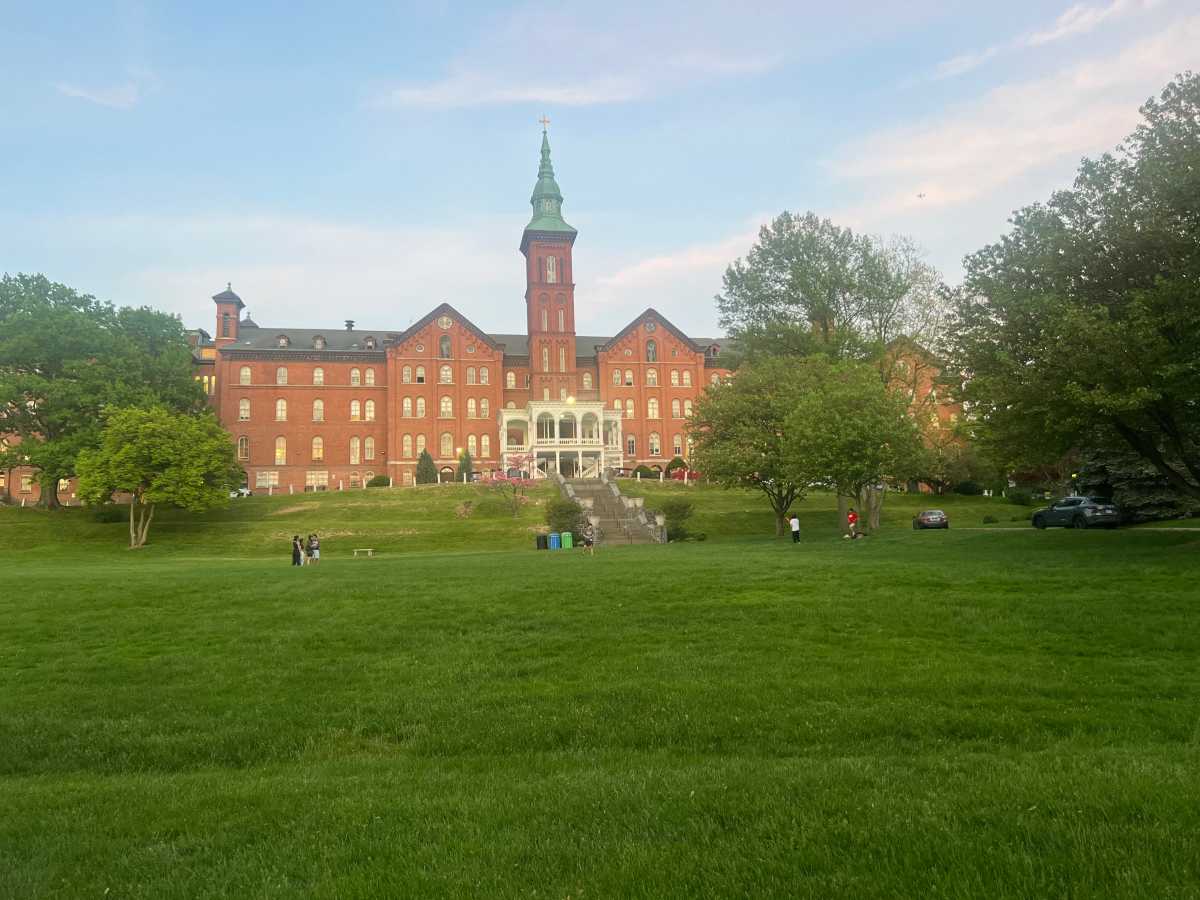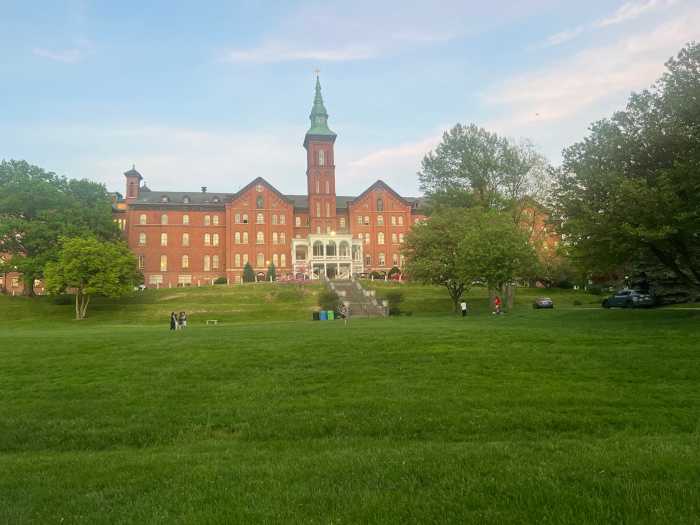The National Science Foundation has awarded a $1,736,297 grant to the University of Mount Saint Vincent to support an initiative of the school meant to assist low-income and high-achieving students in the STEM fields.
The six-year award from the National Science Foundation’s Scholarships in Science, Technology, Engineering and Mathematics (S-STEM) program will fund the University of Mount Saint Vincent’s Scholars On Track III (SOT III) initiative, which gives scholars and targeted support to undergraduate students who are academically talented, have low income and are pursuing degrees in biology, chemistry or biochemistry.
Up to four years of scholarship funding will be provided by SOT III through the grant to 39 unique full-time University of Mount Saint Vincent students who demonstrated financial need. Evidence-based activities that improve retention and graduation in STEM are also offered by the program.
Among the evidence-based activities available are placing students in the same STEM classes during their first two years at the school in an effort to build supportive peer groups, proactive mentoring from the faculty and career guidance, peer tutoring and study sessions in courses the students are required to pass in order to advance their major, undergraduate research opportunities with school faculty members, industry site visits to biotech, life sciences and environmental organizations in the area, career exploration and networking with professionals in the STEM field and workshops to build non-cognitive skills, like resiliency, growth mindset and self efficacy.
Through its resources, the SOT III initiative aims to keep its students on track in their pursuit of an education and career in the field of STEM. The early career exploration and psychosocial skill-building provided by the program are meant to reduce the chances of STEM majors deciding to pick another major as a result of rigorous coursework, waning career motivation or financial pressure.
The University of Mount Saint Vincent’s SOT III initiative builds upon the success of two other National Science Foundation S-STEM grants provided for the school in the past. Between the three grants, there has been over 12 years of sustained investment in supporting the university’s underrepresented students in the STEM fields. Under the previous grant initiative, SOT II, 15 students earned STEM degrees within four years.
SOT III is being led by University of Mount Saint Vincent Assistant Dean and Professor of Chemistry and Biochemistry Dr. Pamela Kerrigan. She is a principal investigator in the initiative, alongside Biology Professors Dr. Ana Ribeiro and Dr. Robert Suriano. The collaborative effort and commitment to success displayed by this trio played big roles in the successful development and submission of the grant proposal.
“Financial barriers should never prevent talented students from becoming scientists, engineers or innovators,” Dr. Kerrigan said. “With the National Science Foundation’s support, we can remove those barriers and ensure our scholars have the mentorship, resources and real-world experiences they need to succeed in high-demand STEM fields.”
The University of Mount Saint Vincent, a designated Hispanic-Serving Institution, has one of the most diverse student populations among all colleges in the New York City region. Approximately 74% of the students eligible for SOT III identified as Hispanic or Black women. These groups account for only 4% of the STEM workforce in the United States.
Many of those who graduate from the University of Mount Saint Vincent end up living and working within 50 miles of the campus. This is due in large part to the fact that the region has one of the largest biotech and life sciences job markets in the country. SOT III has a lot of potential to diversify the STEM workforce and strengthen the innovation economy on a local and national level by preparing more graduates from historically underrepresented backgrounds for STEM careers.
In addition to supporting scholarships for academically talented, low-income students, the National Science Foundation’s S-STEM program, which is funding SOT III, advances knowledge on effective strategies for recruitment, retention and degree completion.



















